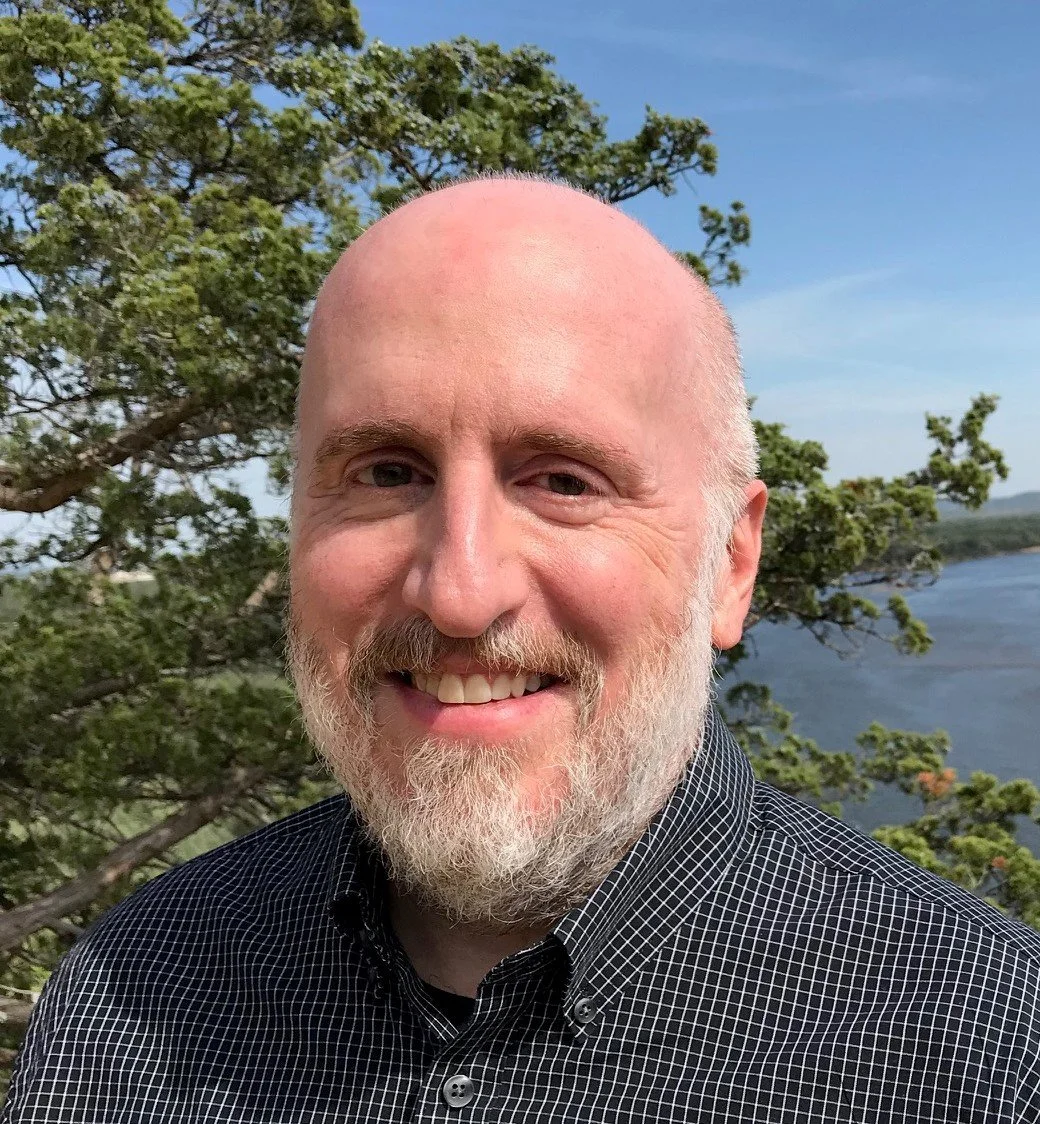A lifetime between languages
It all started with my high school Junior year abroad, which took me to Lajeado in the Brazilian state of Rio Grande do Sul. That experience lead me to declare Portuguese as a major in college, which included another year abroad (Universidade de São Paulo, Brazil, Stanford University Consortium Program, June 1985-June 1986).
Following my undergraduate degree (University of Wisconsin-Madison, Bachelor of Arts with Honors and with Distinction, May 1987; Majors in International Relations, Ibero-American Studies, and Portuguese), I worked as an escort interpreter for the U.S. State Department from 1987-1989, traveling around the United States with visiting officials from Brazil, Mozambique, and São Tomé e Príncipe. This experience focused my international relations interests into the areas of human rights and development, which I furthered by moving to New York to pursue a masters degree (Columbia University, New York, Master of International Affairs, December 1991; Specialization in Human Rights and International Law).
My masters specialization and Latin America focus landed me a position with the Land Tenure Center (Associate Director, Land Tenure Center, College of Agricultural and Life Sciences, UW-Madison, April 1992-January 1999) where I managed a multimillion dollar research program. As the only Portuguese speaker on staff at the main office, I traveled to Mozambique and Guinea Bissau and directly participated in the development of their land laws.
My passion for Portuguese only increased during this time and soon I decided to return to school to continue my education in Portuguese (UW-Madison, Ph.D., Portuguese Language and Literature, May 2008, Minor Field: Comparative Literature; Masters in Portuguese Language and Literature, May 2000). As part of that education, I began to explore translation theory and tried my hand at literary translation, some of which even got published. (“The Purple Stain,” translation of Plínio Marcos’s A mancha roxa in The Dirty Goat, 2007. “She Sings, Poor Reaper,” translation of Fernando Pessoa’s “Ela Canta, Pobre Ceifeira” in Metamorphoses 13.2, 2005, 154-155.) My dissertation focused on contemporary theater, which took me to São Paulo several times and eventually led to the publication of a book (Palcos Políticos: Activist Theater in São Paulo, Brazil, at the Turn of the Millennium, Saarbrücken, Germany: VDM Verlag, 2009).
Another area of growth during my time in graduate school came from opportunities to teach Portuguese language, literature, and culture. I have taught Portuguese at virtually all university levels: first and second year Portuguese to undergraduates as a Teaching Assistant, third year Portuguese to undergraduates as a Lecturer, and intensive beginner Portuguese to both graduates and undergraduates during the academic year and to classes ranging from high school students to post-college adults during a summer intensive program. I developed a Portuguese for Business course and also taught a remote learning course where half of my students participated via video. As part of the intensive summer course and separately, I have taught classes in Brazilian civilization, surveys of Brazilian and Portuguese literature, Luso-Afro-Brazilian literature, and literature in translation.
As I was completing my dissertation, I was hired as a senior administrator in another federally funded research center (Associate Director, Global Studies, International Division, UW-Madison, July 2004-July 2014). In addition to an active research and outreach program on global and international studies, this center also oversaw the implementation of the university’s International Studies Major. In addition to my administrative and managerial duties, I taught an undergraduate capstone seminar on human rights and human security, as well as a course on the global cultures of soccer. My leadership and administrative skills eventually led me to be appointed to a senior governance position (Secretary of the Faculty, UW-Madison, July 2014-September 2019) where I was responsible for supporting faculty’s role in running the institution.
Throughout all of the above, I continued to work as a freelance translator and interpreter as often as I could. In Fall 2019, I decided to make that permanent and have been translating full time ever since.
